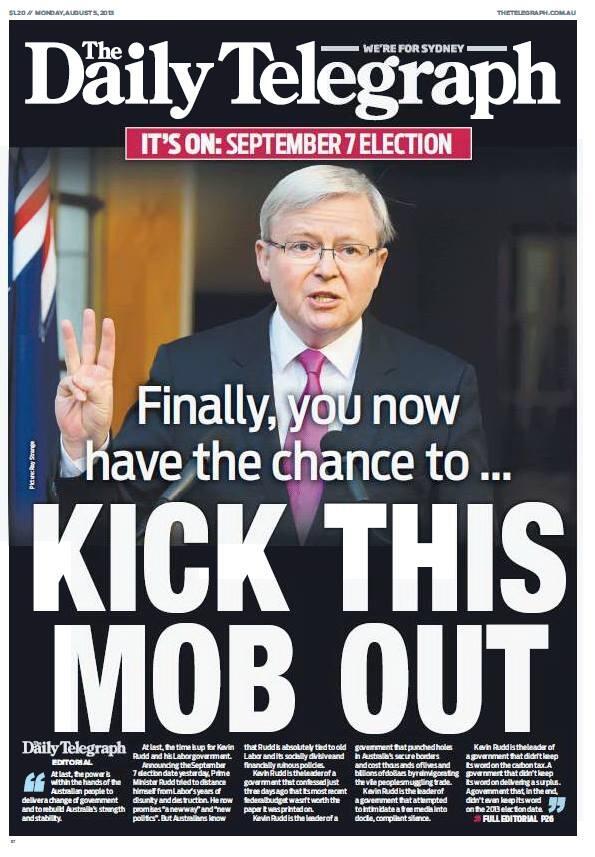Personally I am not a fan of reflective essays. However, my problem does not lie with the idea or the process, but merely with the format. So it is therefore not unusual that I find myself in a reflective mood ... usually on a Friday afternoon in an attempt to assimilate a week's worth of knowledge.
On this particular Friday afternoon I find myself reflecting on the future of journalism itself. This whole process was sparked by tweets from PBS Media Shift. They are running a series on this topic entitled Back to J-school.

Although there are no clear cut answers, it highlights the dilemma the industry and especially universities find themselves in. What should journalism students be learning? How do you prepare students in a time of great uncertainty about the future of journalism?
Garry Kebel asks whether universities that are "designed to make slow, incremental, deliberative and consensual changes [can] respond with the speed, risk-taking and adaptability demanded by today’s technological disruptions?" I agree with his recommendation of teaching (all) students the necessity of change and risk-taking. Although universities will struggle with this approach initially, we need to understand that it is OK to take risks and fail - the real challenge lies in the ability to adapt and try again.
As an ex-teacher I initially rebelled against Kebel's idea of hiring people to teach whatever is in demand. He argues that it is then up to the teacher to stay current with other skills or loose his/her job. It just goes to show how entrenched we are in our way of thinking. After reflection I cannot produce one valid reason why this should not work. We are living in an ever changing world, why on earth not demand our teachers keep up with it?


